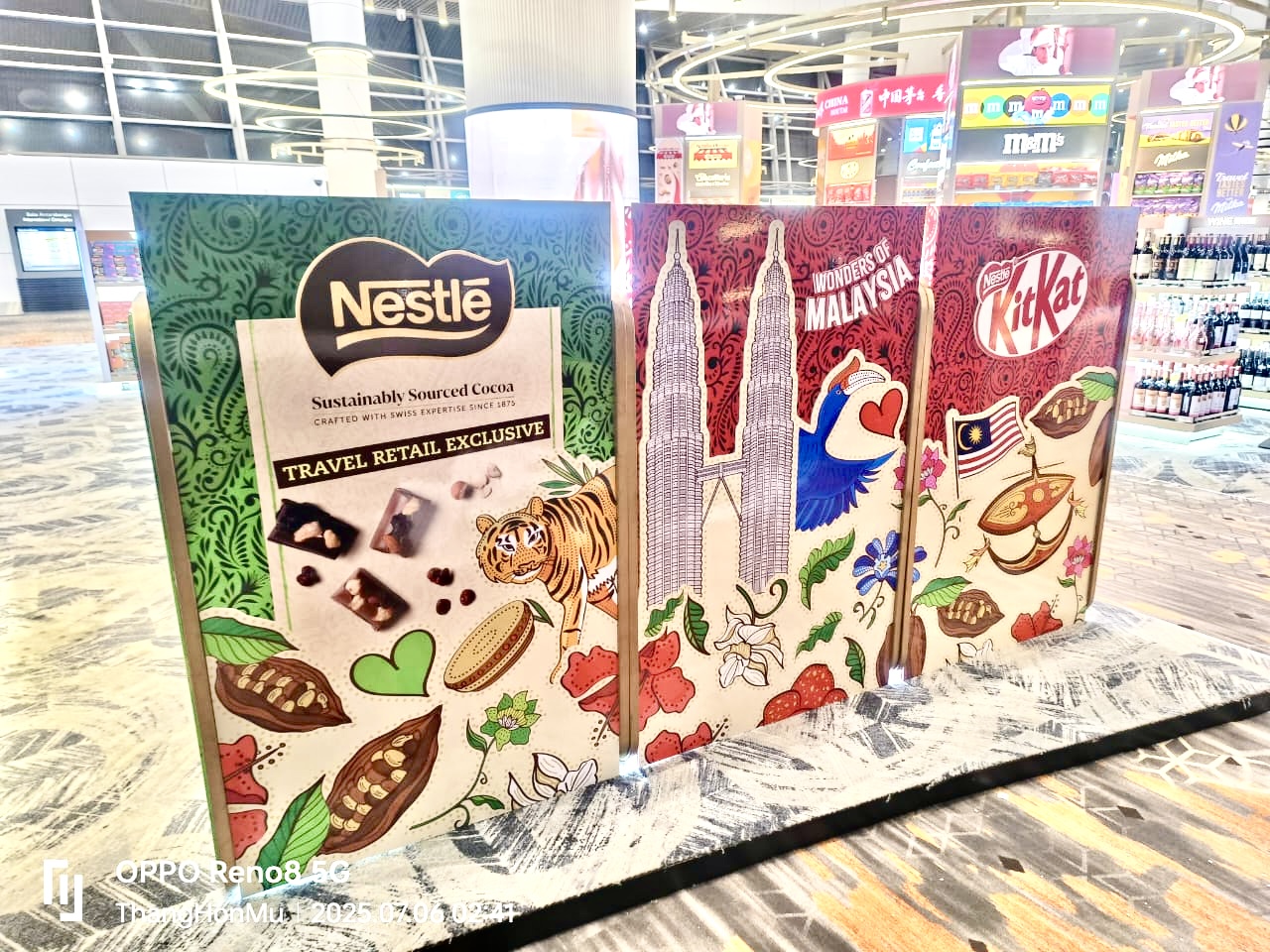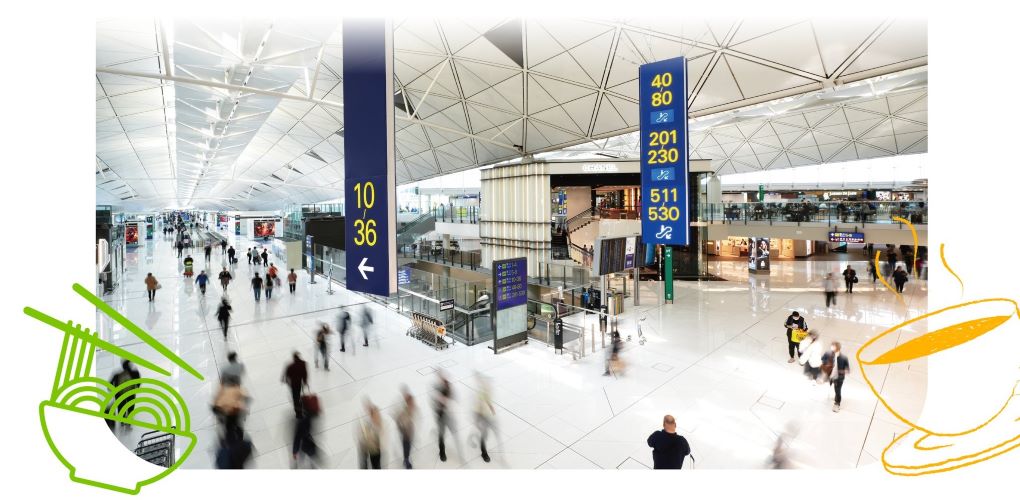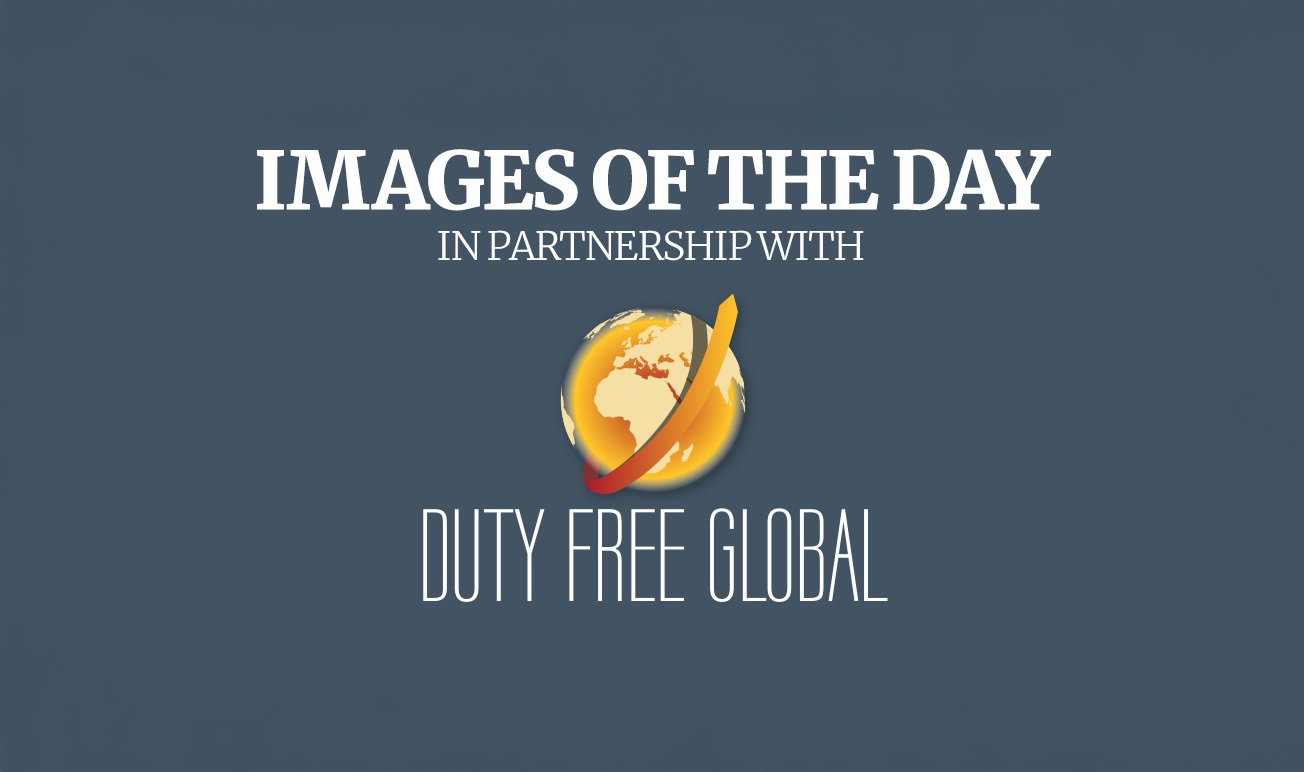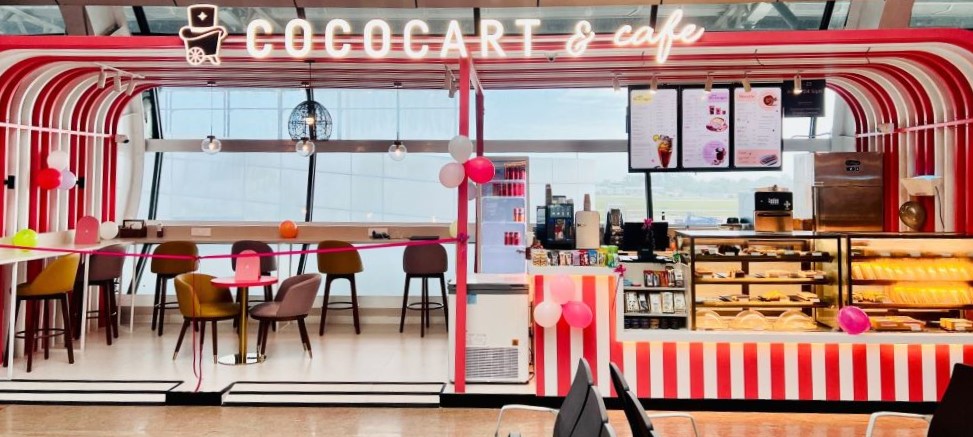NEW ZEALAND. The country’s generous duty free liquor allowances are to be retained, despite an earlier Treasury recommendation that the government could make millions of dollars in previously lost tax revenues by scrapping the system.
Travellers entering New Zealand are allowed to bring in 4.5 litres of wine or beer and one 1125ml bottle of spirits. But under the “de minimis” rule, (which means that if the duty payable on goods is less than NZ$50/US$29, it is not collected), they can bring in two more bottles. A change to the rules would have meant capping the spirits allowance from three 1125ml bottles of spirits to just one.
But a new joint Treasury and Customs report says any reduction in the “three bottle allowance” would be disruptive to customs officials. The joint report says that although a potential NZ$7 million (US$4.1 million) in revenue is up for grabs, it is better if customs officers stay focused on security.
However, the February 28 report, released to Auckland-based newspaper the New Zealand Herald under the Official Information Act, does signal that the duty free allowance may still be reviewed.
“Customs and Treasury do not recommend excluding alcoholic beverages from the de minimis provisions given the desire to retain Customs focus on border security, particularly in the short term,” it said.
The amount of money the Government would make from limiting the duty free allowance depended on whether people would pay duty rather than abandon their purchases at the customs counter and the extent to which they would keep buying alcohol at duty paid prices.
The report said: “The relatively low amount of duty payable on a bottle of spirits (NZ$12-17/US$7-10) may result in a greater number of travellers opting to pay duty rather than surrender excess product.
“This will increase the volume of passengers requiring customs attention and will place additional pressure on the same resources that are currently deployed for border security intervention,” the report concluded.
The findings are good news for overseas retailers serving New Zealand-bound passengers as well as local retailers, DFS Group, Regency Duty Free (Nuance) and Duty Free Stores New Zealand, who have strong arrivals shopping businesses.
Duty Free Stores New Zealand operations manager Grant Archibald said any reduction in spirit allowances would be “a big concern”. “It would certainly decrease our revenue if the allowances were cut back to only one bottle,” he commented.
The retailer, which has stores in Wellington, Hamilton, Dunedin and Queenstown, disputed scrapping the allowance would mean a major revenue boost to the Government.
“Having access to duty free means people buy more than they otherwise would, so the argument that revenue would increase without duty free is not necessarily correct,” Archibald told the Herald.





